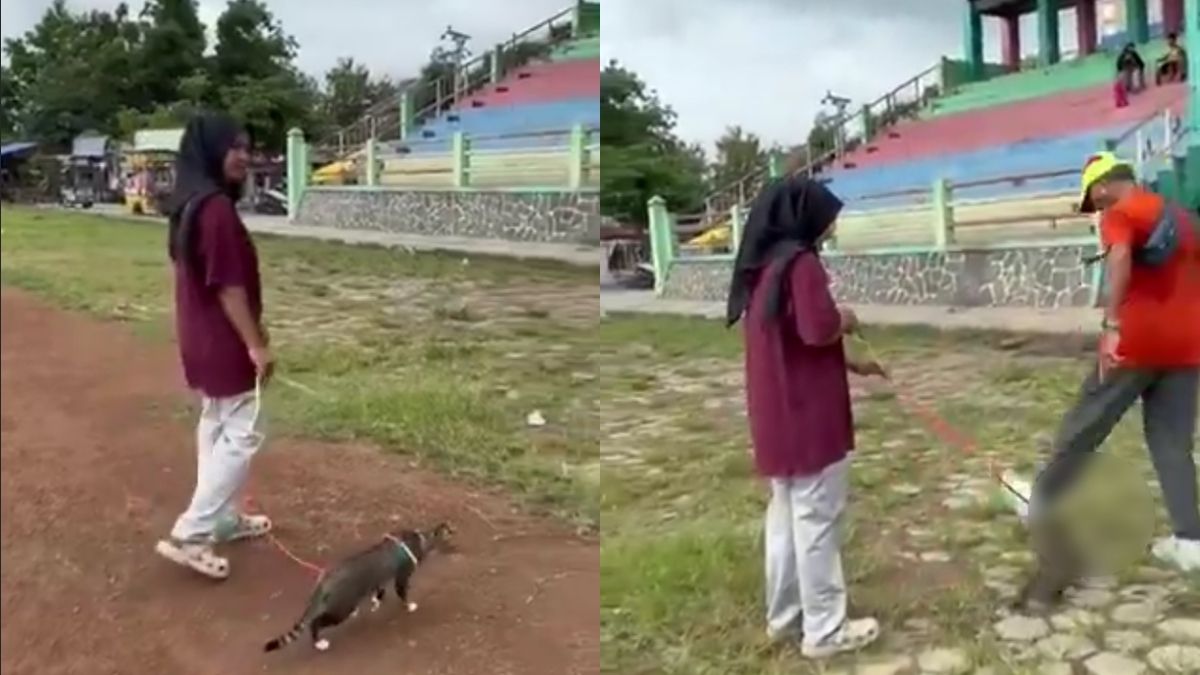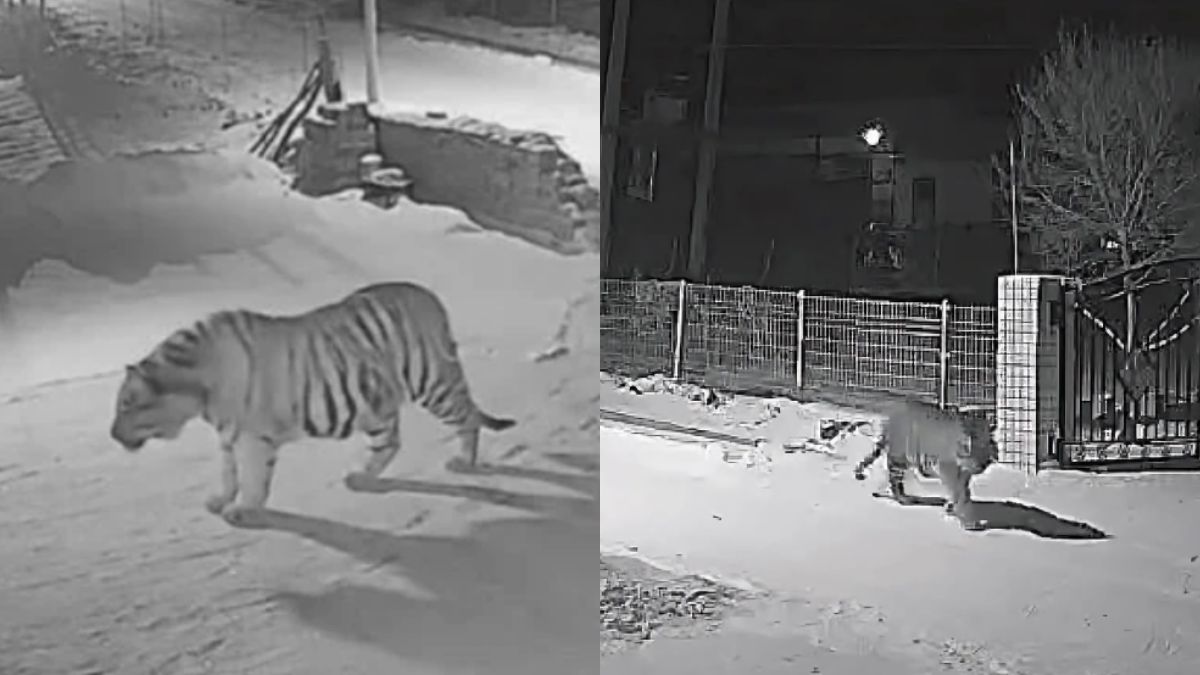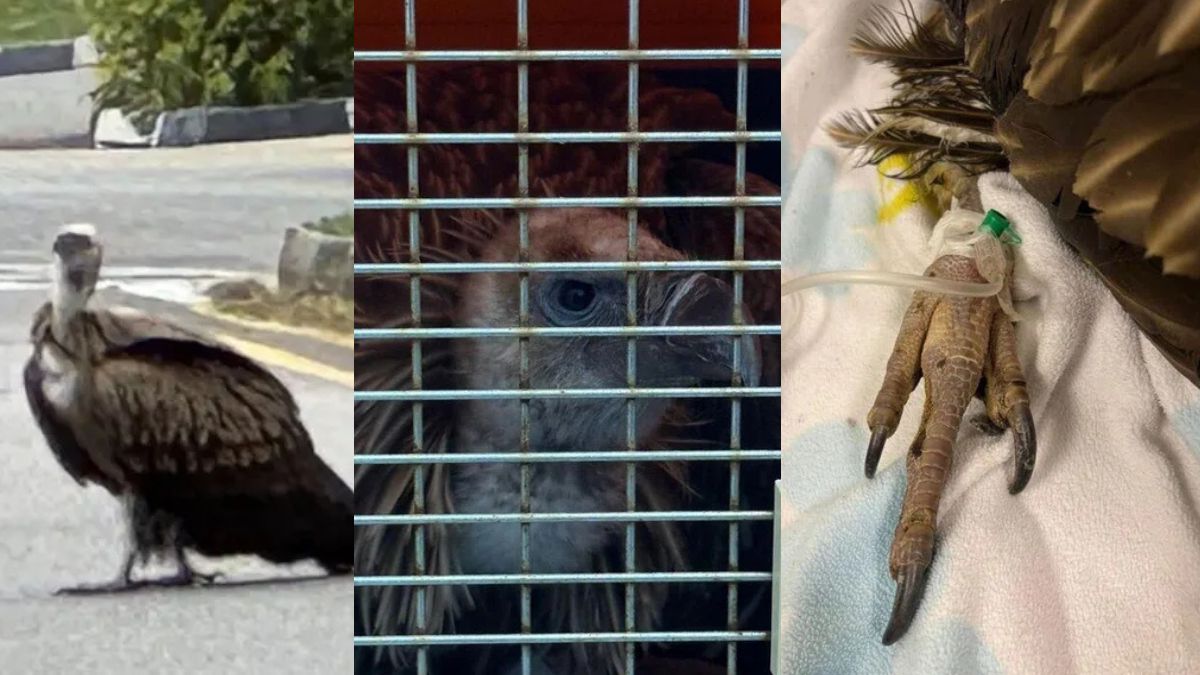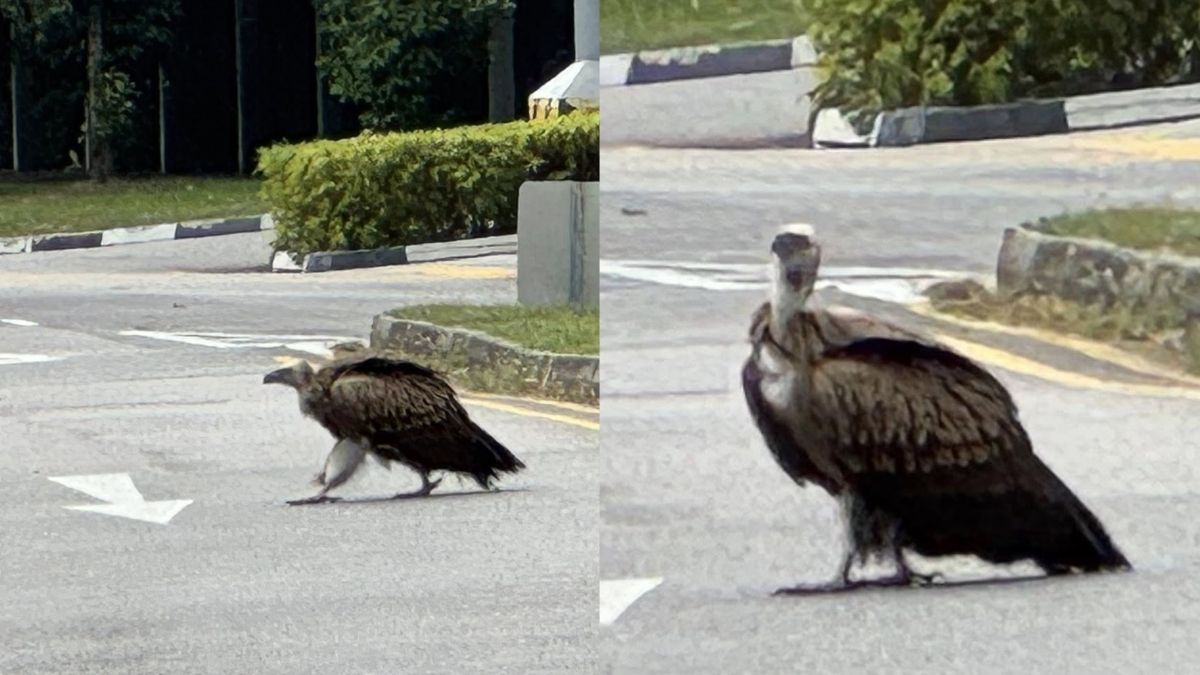NParks confirms culling of macaques in Punggol after rise in human-wildlife encounters
NParks confirmed it euthanised macaques in Punggol in 2024 after assessing some as aggressive and unsuitable for translocation, sparking debate among animal welfare groups over how urban wildlife should be managed in rapidly developing estates.
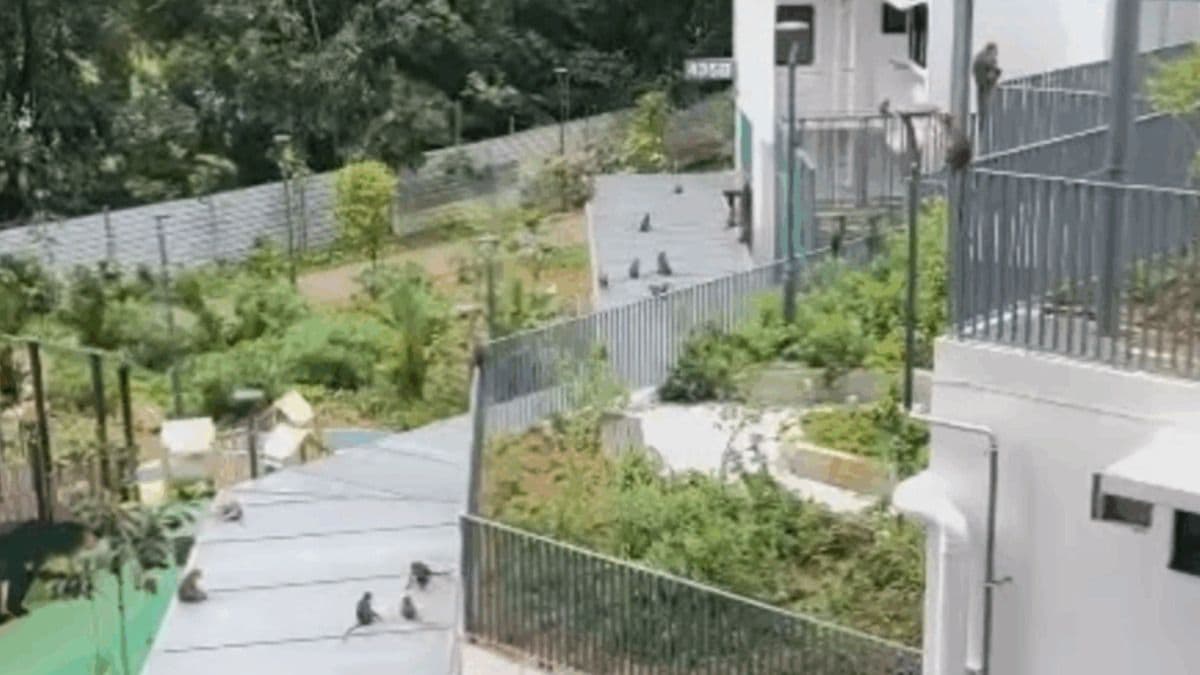
- NParks confirmed it euthanised macaques in Punggol in 2024 after deeming some “aggressive” and unsuitable for translocation.
- Animal groups Acres and the Jane Goodall Institute criticised the decision, urging preventive measures and changes in resident behaviour.
- NParks continues a multi-pronged approach, including sterilisation, deterrents, and enforcement against wildlife feeding.
The National Parks Board (NParks) has confirmed that several long-tailed macaques in Punggol were euthanised in 2024. The animals were assessed as aggressive and unsuitable for translocation after repeated human-wildlife encounters in the area.
The decision was part of NParks’ broader management strategy to address a rise in reports involving macaques in Punggol, where rapid residential development and the establishment of the Singapore Institute of Technology campus have displaced natural habitats.
Between 1 September 2024 and 31 March 2025, NParks received about 200 reports of macaque activity in the area. Incidents included sightings, home intrusions, and rummaging through exposed bins, according to How Choon Beng, group director of wildlife management at NParks.
Macaques trapped, sterilised, and culled
NParks said around 50 macaques were trapped in the vicinity in 2024. Most were sterilised and released into Coney Island Park under a programme that began in 2023. The initiative followed surveys showing a growing macaque population and rising public concern.
However, macaques considered aggressive or repeatedly entering housing areas were culled. How explained that these individuals posed a risk to public safety and were “not suitable for translocation.”
Minister for National Development Desmond Lee addressed the matter in Parliament in March 2025, noting that while sterilisation was prioritised, some removals were necessary when monkeys displayed intrusive or aggressive behaviour.
Animal welfare groups raise concerns
The decision has prompted concern among animal welfare groups. According to The Straits Times, the Animal Concerns Research and Education Society (Acres) and the Jane Goodall Institute (Singapore) questioned the necessity of euthanasia.
Acres chief executive Kalaivanan Balakrishnan described the outcome as “deeply unfortunate,” calling for stronger preventive measures to minimise the need for culling. He noted that urbanisation in Punggol had reduced natural spaces for macaques, leaving them to adapt opportunistically.
“Sometimes the monkeys are deemed aggressive when they are simply being opportunistic,” he said. He added that exposed food waste and resident behaviour, such as feeding animals or leaving bins open, played a significant role in attracting macaques.
Both Acres and the Jane Goodall Institute conducted outreach in March 2025 to educate residents about reducing attractants, such as avoiding plastic bags in the open and discarding food properly.
Questioning the definition of aggression
Primatologist Andie Ang, president of the Jane Goodall Institute (Singapore), raised questions about how “aggressive behaviour” is defined. She pointed out that human actions, such as throwing food from windows, have encouraged monkeys to approach homes.
“If people stop feeding the monkeys — intentionally or unintentionally — we can prevent such intrusions,” Ang said. She recommended practical steps for residents, including installing wire mesh on windows and improving waste management practices.
Multi-pronged management strategy
NParks emphasised that its management strategy combines education, estate management, enforcement, and deterrents. Monkey-proof bins have been introduced, and town councils have stepped up estate cleaning to limit food waste.
The agency continues to enforce wildlife feeding bans under the Wildlife Act. First-time offenders face fines of up to S$5,000, while repeat offenders can be fined as much as S$10,000.
When The Straits Times visited Punggol Northshore in April 2025, residents reported witnessing neighbours feeding macaques with fruits and bread tossed from windows. NParks said such practices worsen the situation, encouraging monkeys to return persistently.
To encourage macaques to forage in natural spaces, NParks has planted additional native fruiting trees in Coney Island Park. Monkeys have begun feeding on species such as the sea almond.
Patrols are also conducted to herd macaque troops back into forested zones. Residents are advised to avoid eye contact and sudden movements during encounters, and to conceal plastic bags, which monkeys often associate with food.
Residents divided over impact
Residents in Punggol have reported disruptions from macaques entering homes through open or unlocked windows. In one case, a fourth-storey flat in Block 433B was left in disarray after a monkey entered through unlocked grilles and scattered food and sauces in the kitchen.
While some residents expressed frustration over the disturbances, others highlighted the role of habitat loss in driving the encounters.
A sixth-storey resident, whose kitchen was raided in March, told The Straits Times that he did not blame the macaques. “We took their home. They lost their habitats and their natural food sources. That’s why we became their food source,” he said.
Broader challenge of urban wildlife
The situation in Punggol reflects a broader issue in urbanised cities: balancing human safety with wildlife conservation. Singapore, which has invested in greening and biodiversity initiatives, faces complex challenges as natural habitats are increasingly adjacent to dense residential areas.
NParks maintains that its approach aims to safeguard residents while also protecting wildlife populations through sterilisation, habitat enhancement, and public education. However, animal welfare groups argue that more emphasis should be placed on addressing human behaviour that exacerbates conflicts.
As Punggol continues to expand, the effectiveness of current strategies — and the willingness of residents to adapt to co-existence measures — will likely shape how similar encounters are handled across the city in the future.


